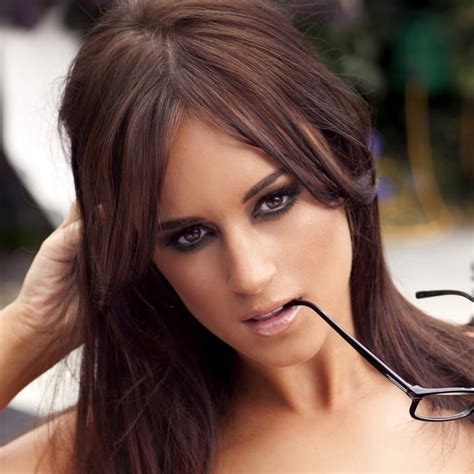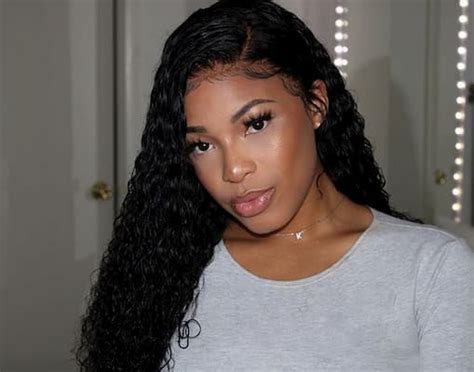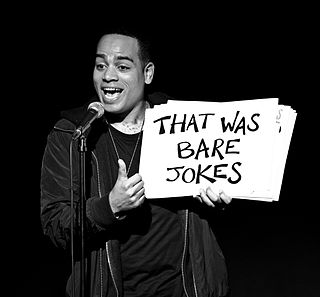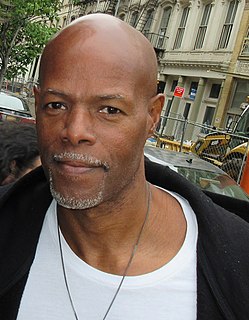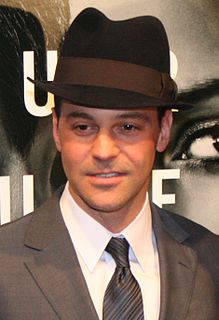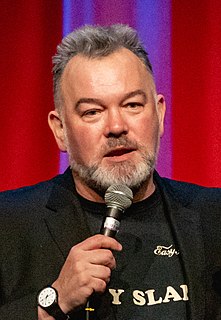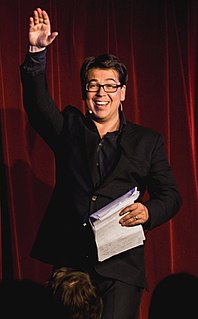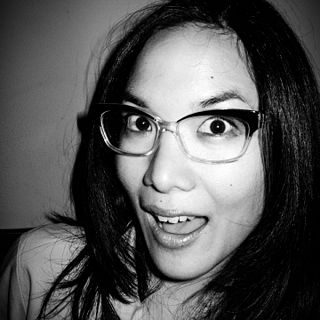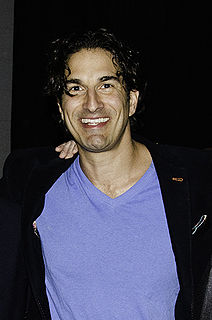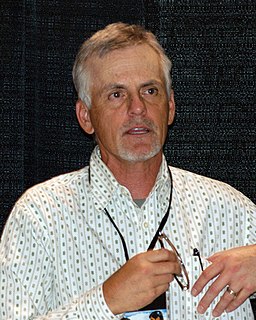A Quote by Rosie Jones
A lot of people think stand-up comedy is one person performing to an audience, but I love it more when it's a dialogue, an interaction.
Quote Topics
Related Quotes
Of course I love when people are quiet, but I also love when people are comfortable. I love when people emote. The flip side of having a totally silent audience is that they're less likely to react to you in the space, and I think that's one of the great things about performing live: you get energy from the audience, and you give energy back to them. There's interaction.
I enjoy it all: performIng, doing TV, movies, comedy, drama, stand-up, animation voicework, singing, but you get that instant gratification from stand-up because it's your own commentary and you get to see the reaction from the audience that's right there in front of you. I also love coming up with characters and watching people embrace them and enjoy them.
I'm more than a little suspicious of humor in poems, because I think it can at times be a way of getting a reaction out of a reader, or an audience, that is something closer to relief: i.e., thank god this isn't poetry, but stand-up comedy. Some poets are really funny, but more often poets are fourth rate stand up comics at best. But they benefit from the sheer relief of the audience.
In the stand-up comedy top, there's room for everyone - if you're good, there's room for everyone. You'll put on your own show - no one casts you. You cast your own show as a stand-up comedian. When you get good at stand-up comedy you book a theater and if people show up, people show up. If people don't show up, people don't show up. You don't have a director or a casting agent or anybody saying if you're good enough - the audience will decide.
Comedy can be more difficult than drama. It requires more attention to timing. In the theater, you're always dependent on the audience for the energy, but in comedy the feedback you get is more important. You can judge by the quickness and the length of the laugh just where you stand with the audience.
I always get a little bit pissed off when stand-up comedy is not recognised as being as good a craft as being an actor. We give Oscars to people and it's like, 'Aw, this person is the greatest person on earth', but being an actor is pretty easy in comparison to stand-up comedy. It's no surprise that several stand-up comics have gone on to become great actors. I don't know any great actors that have gone on to become great stand-up comics.
Learn as much as you can about performing. Live theater, improv classes, music, stand up comedy, dance, anything to make yourself confident and comfortable in front of an audience. It'll all come in handy when auditioning for producers and performing with other actors. The best voice actors all have a live performance background. And are competent, fearless, incredibly creative actors.
